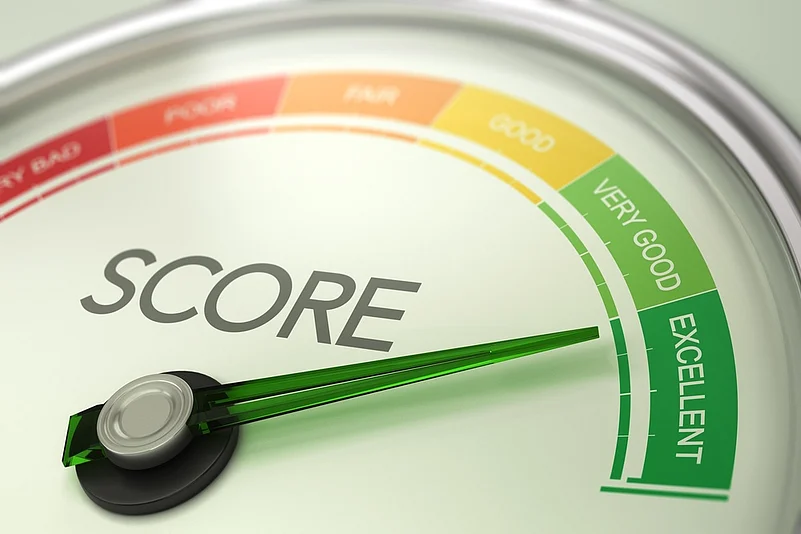A credit score is a three-digit number between 300 and 900 that shows your creditworthiness. The score is based on your credit and repayment history, the details of which are shared by the lenders with different credit bureaus.
Simply put, the credit score gives the lender an idea about your ability to repay your future loans. Factors such as repayment history, outstanding balance, age of the credit portfolio and credit inquiry determine your credit score.
Importance Of A Good Credit Score
You need a credit score of 750 or above to get financial products of your choice. Besides, a good credit score also gives you the power to negotiate with your lender for an affordable interest rate and reasonable terms and conditions for repayment. Many banks have now linked their lowest interest rates with credit scores.
“Your credit score is the first thing that your lender checks when you approach it for a loan product or a credit card. They are generally forthcoming in granting a loan to borrowers with a credit score of 750 or above,” says Adhil Shetty, CEO of Bankbazaar.com.
A credit score that’s 550 or less is generally considered unhealthy or bad. Do remember that the credit score will be zero if you don’t have a credit history or if your lender hasn’t registered your loan account with any credit bureau.
The credit score has also become an important criterion in current times with reports of many companies and recruiters checking it before hiring prospective employees.
Here are five steps that can help you improve your credit score:
1. Clear All Your Credit Card Dues On Time
There are several ways through which you can improve your credit score. The key lies in remaining disciplined with your debt repayments. As a first step, check the reason behind your low credit score and correct it accordingly. “One of the most important factors that influence your credit score is your payment history. So, try to clear your existing debts-- whether loan or credit card dues--on time to improve your credit score,” says Shetty.
2. Check Your Credit Reports
Check all your credit reports at regular intervals. This will give you an idea of all that is recorded within your credit report and the loans and defaults that are bringing your credit score down. In some cases, the information recorded might not be correct. Sometimes, even when you make a timely payment or close a loan, it doesn’t reflect in your credit score. In that case, you could always approach the bank or the credit rating agency to correct the situation.
3. Keep Your Credit Card Utilization Limit Low
Keep your credit card utilization limit within 30 per cent as anything beyond this makes you look like you may be over-extending yourself. Further, when your credit score is low, do not apply for a new loan as it will make you appear credit-hungry, which will bring down your credit score.
4. Do Not Close Your Existing Credit Cards
Do not close your existing credit cards as you may lose the available credit that came with the card, which may affect your credit score adversely. Keep on checking your debt-to-income ratio, which is the ratio of your income and debt. If the ratio is high, pay off some of your debt to lower it. Finally, keep on checking your credit report and if there is any error, flag it to the credit agency and get it corrected.
5. Do Not Make Too Many Loan Applications
If you’ve applied for a loan or a credit card to one lender and it has been rejected, do not rush to another lender immediately. The new bank will see your credit score again and may reject the loan.
The best thing to do is to wait for the credit score to improve before applying for a loan. Every time you apply, it’s recorded in the report, and it may adversely impact your credit score.
Raising your credit score to a healthy level is a long-drawn process. “While clearing off your debts in a disciplined and timely manner may contribute towards a healthy credit score, it will not happen immediately. It will take at least six months to start showing a difference and can take as much as two years to get back to a good score,” says Shetty. You should keep in mind that a credit score is built based on your credit history of many years, so try to maintain it throughout your life.


























